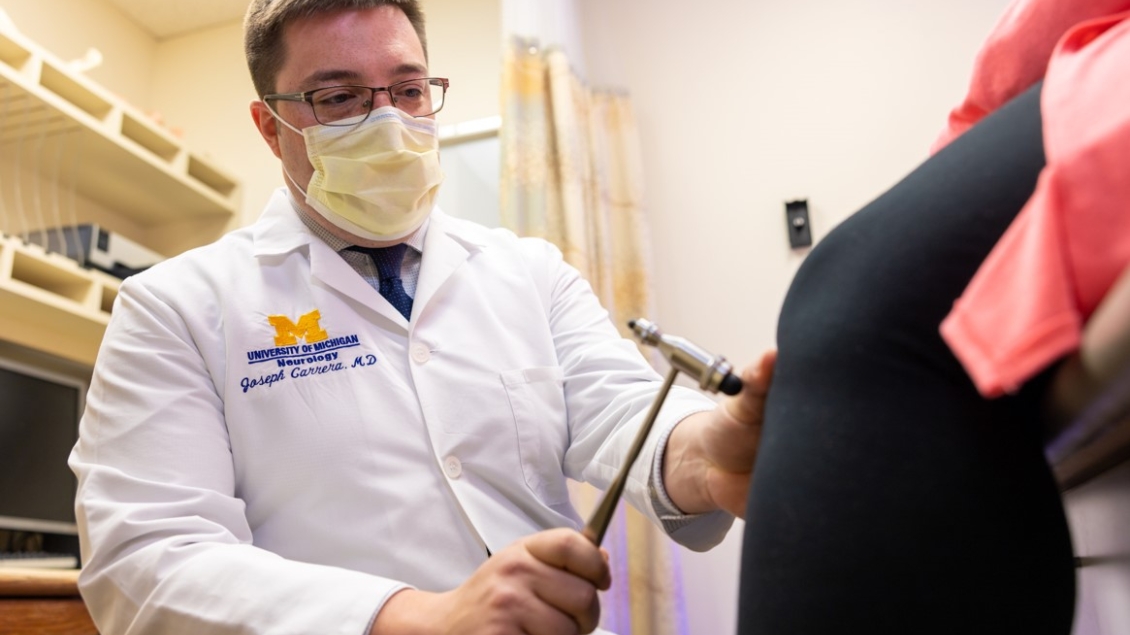
The U-M Medical School Department of Neurology Fellowship is an ACGME accredited program offering a one- or two-year fellowship in cerebrovascular disease. Our goal is to attract highly qualified and motivated candidates interested in pursuing a career in clinical, health service, or basic science stroke research.
Our program provides fellows with intensive training in clinical diagnosis and management of ischemic and hemorrhagic stroke. Fellows also participate in clinical and epidemiological stroke research and receive education in the fundamentals of research design, methodology and analysis. Fellows have research time to develop independent research projects under faculty supervision. The University of Michigan is designated as a Comprehensive Stroke Center by the Joint Commission, and is a Regional Coordinating Center for StrokeNet, an NIH-funded clinical trials network.
Vascular Neurology Fellowship applications can be completed through ERAS for the ACGME-approved year. We participate fully in the NRMP ("match").
You must be a United States citizen, permanent resident (green card holder), or have a J-1 visa sponsored through ECFMG. We do not sponsor any other visas.
For more information about the fellowship, please contact Samantha Payer [email protected] or Dr. Devin Brown at [email protected].
The ACGME-approved year fulfills the requirements necessary for vascular neurology board eligibility and contains seven rotations:
- Vascular Neurology Inpatient Care
- Vascular Neurology Emergency Care
- Neurosurgery/Neurology Intensive Care Unit
- Vascular Neurology Outpatient Clinic
- Physical Medicine and Rehabilitation
- Neuroradiology
- Research/Scholarship
The vascular neurology team has its faculty offices and clinics in the state-of-the-art $215 million University of Michigan Cardiovascular Center which opened in June 2007. This building is connected to the University of Michigan Hospital which houses a 15-bed neuro intensive care unit, a 6-bed state-of-the-art stroke unit, and the Emergency Department. The acute stroke response team is composed of 11 board-certified vascular neurologists, one Vascular Neurology board-certified neuro intensivist, four emergency medicine physicians with a primary interest in cerebrovascular disease, and a neuro-interventional team. The team also supports a very active Telestroke Program.
The University of Michigan Stroke Program has a strong history in acute stroke trials. Dr. William Barsan, former chair of the Department of Emergency Medicine, a pioneer in thrombolytic therapy for stroke, administered tPA to the first subject in the NINDS tPA trial. Dr. Barsan was also PI of the clinical coordinating center for the NINDS-funded Neurological Emergencies Treatment Trials (NETT), and now multiple PI, along with Robert Silbergleit and Clifton Callaway, of the Strategies to Innovate EmeRgENcy Care Clinical Trials Network (SIREN), a network that conducts large simple trials in neurological emergencies. The University of Michigan is also home to Sleep SMART, an NINDS-funded StrokeNet trial that includes 110 enrollment sites. Furthermore, the U-M Stroke Program is the home of two large stroke surveillance studies: the Brain Attack Surveillance in Corpus Christi (BASIC) and the Greater Cincinnati/Northern Kentucky Stroke Study (GCNKSS).
In addition to the clinical experience in our Comprehensive Stroke Center, there are many opportunities for vascular neurology fellows to participate in research and other scholarly activities. All vascular neurology fellows will actively participate in ongoing research studies, including acute stroke treatment trials, ongoing stroke epidemiology studies, and other clinical projects. The vascular neurology team has had active collaborative projects with faculty in the departments of emergency medicine, neurosurgery, interventional neuroradiology, cardiology, vascular surgery, and the School of Public Health.
Currently, the acute stroke response team has many NIH-funded projects that will provide the framework from which the fellows attain research methodology training and manuscript preparation skills. Faculty areas of investigation include health disparities, sleep and stroke, acute stroke interventions, community stroke education, stroke genetics, advanced cardiac imaging, and the molecular basis of stroke. Each vascular neurology fellow will develop an independent project under the mentorship of the vascular neurology faculty members during the dedicated research/scholarship month. It is anticipated that this work will continue throughout the year and will culminate in a presentation at a national meeting and a published manuscript. On average, our fellows have had seven peer-reviewed publications resulting from their two- to three-year fellowships. We pledge strong and effective mentorship to our fellows who will in turn be able to launch a successful career as a clinical stroke researcher.
After a one-year clinical fellowship, most fellows opt for additional research training. Options for funding include foundation fellowships, the Neurology Department T32, and StrokeNet funding. Formal research training options and clinical research resources can be found on the SPH website and the National Clinical Scholars Program website and include a CTSA-funded institute.
The University of Michigan offers highly competitive salaries and generous benefits to our fellows and advanced trainees. Trainee salary will be commensurate with that of a House Officer at an equivalent level of training based on the HOA contract.
- Stroke Research Conference
- Vascular Neurology Conference
- Acute Stroke Case Conference
- Vascular Neurology Faculty Lecture Series
- Neurovascular Multidisciplinary Case Conference
- Acute Stroke Intervention Team Meeting
- Stroke Basic Science Conference
- Stroke Clinical Journal Club
- Neurology Grand Rounds
- Clinical Research Conference
- Clinical Neurology Conference
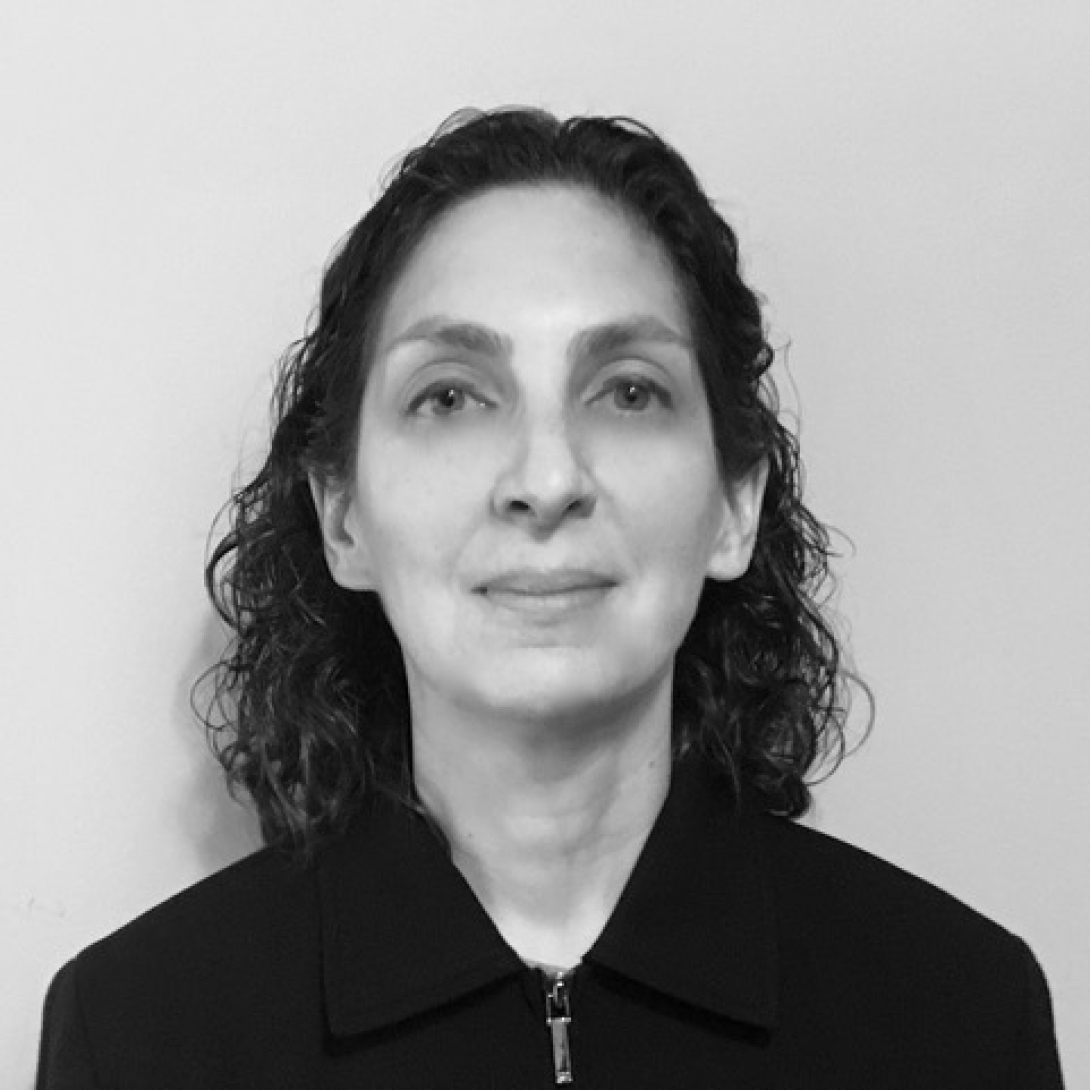
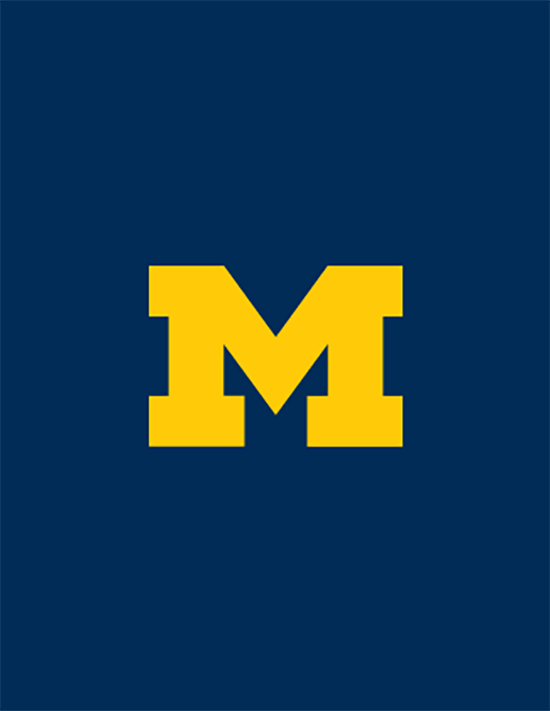
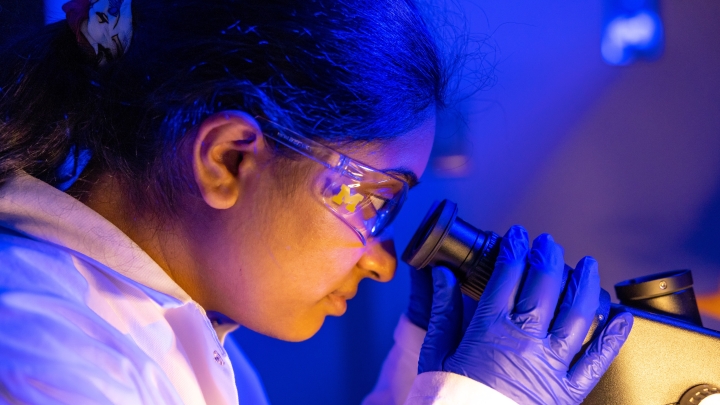
We have a long tradition of providing world-class training in clinical neurology. Your experience at the University of Michigan Department of Neurology will afford you many opportunities and prepare you to be an educator and a leader in our health care community.
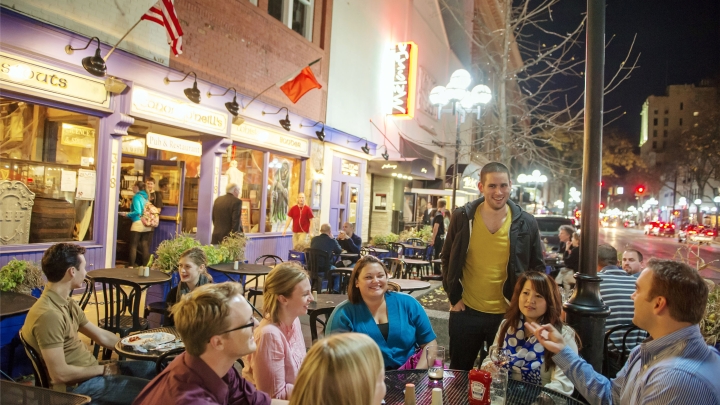
We find a new reason to love Ann Arbor nearly every day — year-round outdoor activities, cultural experiences, a growing food scene, and a welcoming, family-friendly atmosphere are just a few that come to mind. Explore all that Ann Arbor and our surrounding communities have to offer.